AT&T, Dish Wireless spend over $16 billion combined for more 5G mid-band spectrum
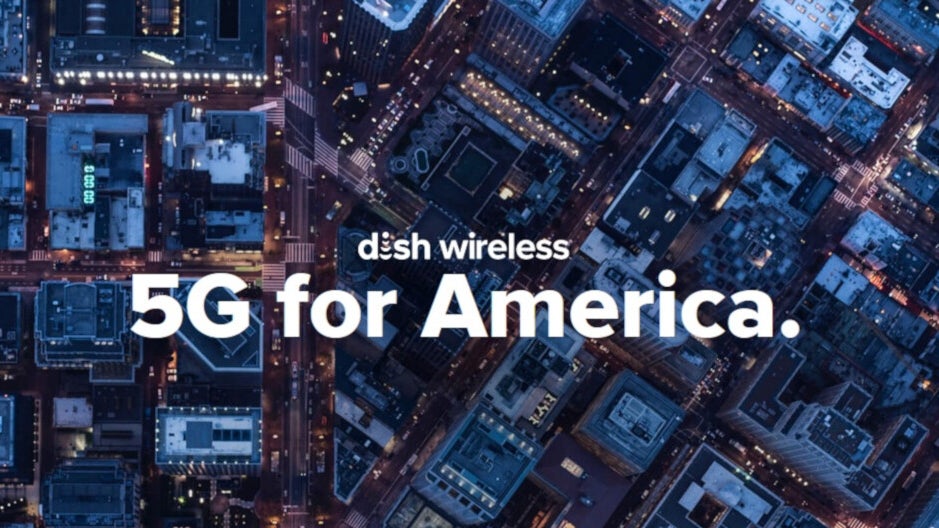
U.S. carriers continue to build out their 5G platforms and one way that they are doing so is by adding mid-band spectrum to their networks. The characteristics of the mid-band make it perfect for the task of improving 5G capabilities. To understand why let's examine how U.S. carriers have been putting together their 5G pipelines.
First, the carriers have been using their low-band airwaves to deliver coast-to-coast 5G coverage. That's because low-band airwaves can travel long distances and can also penetrate structures. But what they can't do is deliver fast download data speeds. So consider these frequencies to be the building blocks of providers' 5G coverage.
What is the difference between low-band, mid-band, and high-band spectrum?
On the other end of the spectrum is high-band mmWave airwaves which can only travel short distances and are easily blocked by trees, houses, and other things. On the other hand, these signals offer the fastest 5G speeds in the land even though the odds of running into mmWave coverage are prohibitive. And this is where the mid-band comes in.
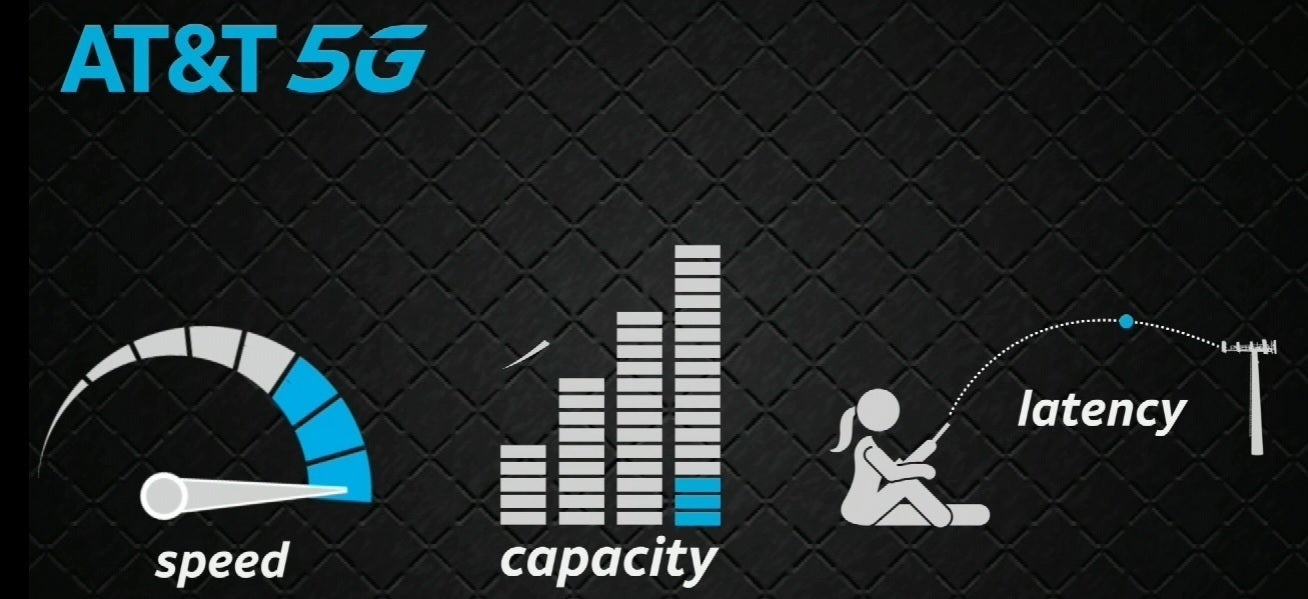
AT&T promotes its 5G service
Mid-band signals travel further than mmWave although not as far as low-band. They deliver faster 5G download data than low-band, but not as fast as mmWave. So in other words, they offer everything that users would want. The problem is that mid-band spectrum is a rare find in the states which is why AT&T and Verizon spent $68 billion to win 5,100 licenses in the C-band which covers mid-band licenses in the 3.7GHz to 4.2GHz range.
Today, the FCC announced the winning bidders from its 5G spectrum auction of flexible-use licenses in the 3.45 GHz band. These licenses cover frequencies once reserved for the military but will soon be used for 5G phone service. AT&T spent $9.1 billion and Dish Wireless shelled out $7.3 billion to become the top winners of the auction.
FCC Chairwoman Jessica Rosenworcel said, "Today’s 3.45 GHz auction results demonstrate that the Commission’s pivot to mid-band spectrum for 5G was the right move. I am pleased to see that this auction also is creating opportunities for a wider variety of competitors, including small businesses and rural service providers. This is a direct result of the Commission’s efforts to structure this auction with diversity and competition front of mind.
Chairwoman Rosenworcdel added that "Enabling commercial use of this spectrum is important to America's continuing economic recovery and 5G leadership, and I look forward to the continued collaboration between the FCC, NTIA, and other federal agencies to find innovative ways to make spectrum available for next generation commercial and government services."
Verizon decided not to bid for more 5G spectrum
Verizon decided not to participate in the auction which resulted in a third-place finish for T-Mobile. Considered the early leader in U.S. 5G coverage, T-Mobile spent $2.9 billion to add even more mid-band spectrum to the airwaves it picked up from Sprint when it acquired the latter's 2.5GHz mid-band holdings in the $26 billion merger which closed on April Fool's day in 2020.
T-Mobile likens its 5G offering to a triple-layer cake with its low-band spectrum on the bottom, its mid-band frequencies taking up the middle layer of the cake, and the zippy high-band tier representing the very top layer of the cake.
The auction kicked off back in October and total revenue from winning bidders came to $22.5 billion. In order to get its approval, Congress demanded that some of that cash be spent on new equipment to make sure that existing military gear works together with cell towers and other equipment used by wireless carriers. All other money garnered by the carriers will go to the U.S. Treasury.
The wireless industry has spent over $100 billion recently to win licenses related to 5G spectrum and the FCC says that it plans on holding additional auctions for 5G licenses in the future.
Follow us on Google News







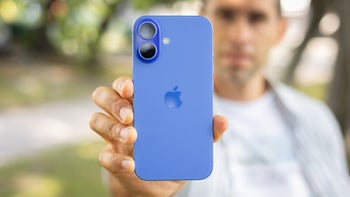
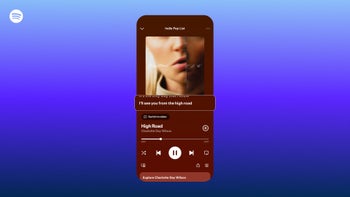
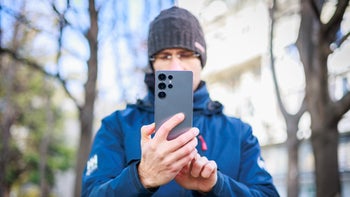



Things that are NOT allowed:
To help keep our community safe and free from spam, we apply temporary limits to newly created accounts: